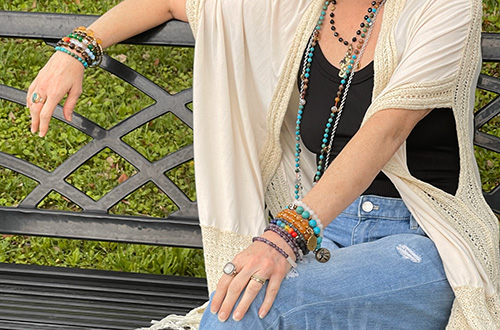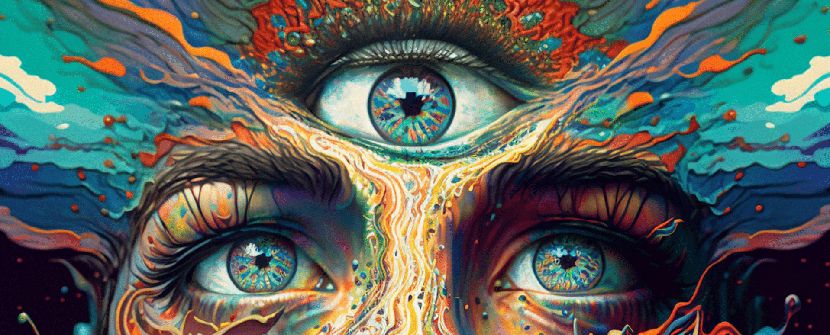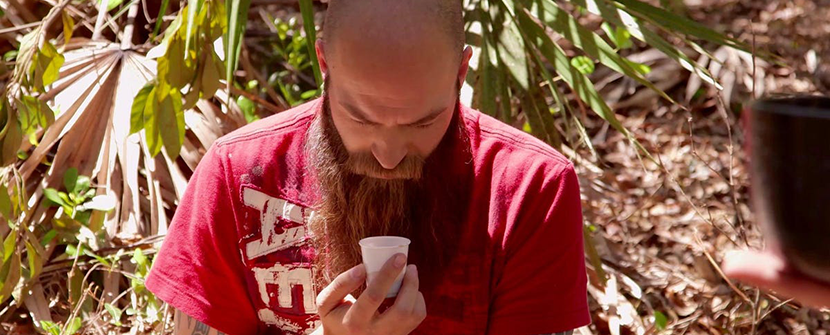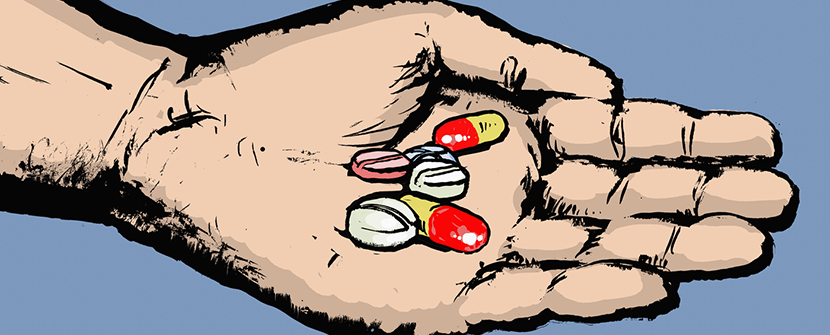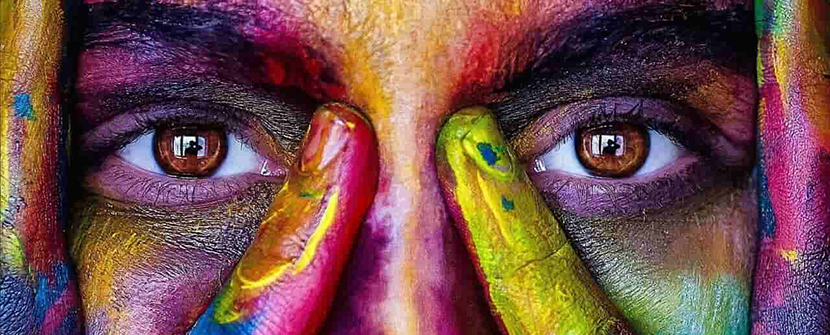Social anxiety is a common issue for many individuals on the autism spectrum. In recent years, there has been growing interest in the potential use of MDMA, also known as ecstasy or molly, as a therapeutic tool for addressing social anxiety in autistic adults.
MDMA is a psychoactive drug that is often associated with recreational use in club and party settings. However, recent research has demonstrated that it may have potential as a treatment for a variety of mental health conditions, including PTSD and social anxiety.
One study conducted by researchers at the University of California, Los Angeles, found that a single dose of MDMA significantly reduced social anxiety in adults with autism. The study included 12 participants, and the researchers found that the effects of the drug lasted for up to two weeks after administration.
Another study, conducted by researchers at the University of Basel in Switzerland, also showed promising results for the use of MDMA in treating social anxiety in autistic adults. The study included 21 participants, and the researchers found that MDMA reduced social anxiety and increased feelings of empathy and closeness with others.
The exact mechanisms by which MDMA produces these effects are not yet fully understood. However, it is believed that the drug increases levels of the neurotransmitter serotonin, which is involved in regulating mood, social behavior, and other functions in the brain.
While these studies suggest that MDMA may be a promising treatment option for social anxiety in autistic adults, it is important to note that the drug can have serious risks and side effects, particularly when used outside of a clinical setting or without proper medical supervision.
MDMA can cause a range of physical and psychological side effects, including increased heart rate, nausea, sweating, and anxiety. In rare cases, it can also lead to more serious issues, such as seizures or heart failure.
For these reasons, the use of MDMA as a therapeutic tool for social anxiety in autistic adults is currently being studied in controlled clinical settings, with trained medical professionals monitoring the effects and providing support to participants throughout the process.
In conclusion, while the use of MDMA for social anxiety in autistic adults is still in the early stages of research, the results of these studies suggest that it may have potential as a treatment option. However, it is important to proceed with caution and to seek out qualified medical professionals who can provide guidance and support throughout the process.
